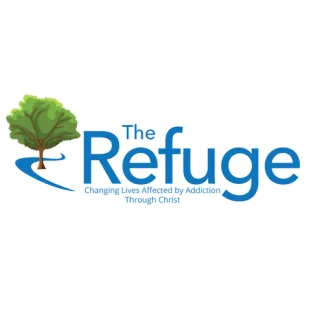VA Central Ohio Healthcare System - Grove City
VA Central Ohio Healthcare System - Grove City is a clinic located in Newark, OH...
The Refuge Ministries is a faith-based residential recovery program located in Columbus, OH. There is absolutely no cost and no insurance needed to go through The Refuge. We have helped thousands of men and women since 1999 - we can help you, too.
The Refuge Ministries is focused on transforming the lives of men and women – and ultimately families, churches, and communities – from the stranglehold of addiction by the power of Christ.
The residential ministry has had the honor of helping more than 5,000 men and women enter a brand new life – free from addiction and on their way to becoming better citizens, sons, daughters, husbands, wives, fathers, and mothers.
Treatment for men and women is offered separately. There is absolutely no cost and no insurance needed at any time.
Contact us for more information: (614) 991-0131

Connect with The Refuge Ministries by calling their admissions team directly.
(614) 991-0131 Website Get DirectionsIn individual therapy, a patient meets one-on-one with a trained psychologist or counselor. Therapy is a pivotal part of effective substance abuse treatment, as it often covers root causes of addiction, including challenges faced by the patient in their social, family, and work/school life.
Life skills trainings involve all the skills a person must have in order to function successfully in the world. These include time management, career guidance, money management, and effective communication. Truly successful addiction recovery is based on the ability to not only live substance-free, but to thrive. Life skills teaches the practical necessities of functioning in society, which sets clients up for success in life, and therefore sobriety.
Life skills trainings involve all the skills a person must have in order to function successfully in the world. These include time management, career guidance, money management, and effective communication. Truly successful addiction recovery is based on the ability to not only live substance-free, but to thrive. Life skills teaches the practical necessities of functioning in society, which sets clients up for success in life, and therefore sobriety.
VA Central Ohio Healthcare System - Grove City is a clinic located in Newark, OH...
AIDS Task Force Positive Solutions is a private rehab located in Columbus, Ohio....
Ohio Hospital for Psychiatry offers inpatient and outpatient treatment for indiv...
Premier Care of Ohio is a private rehab located in Columbus, Ohio. Premier Care ...